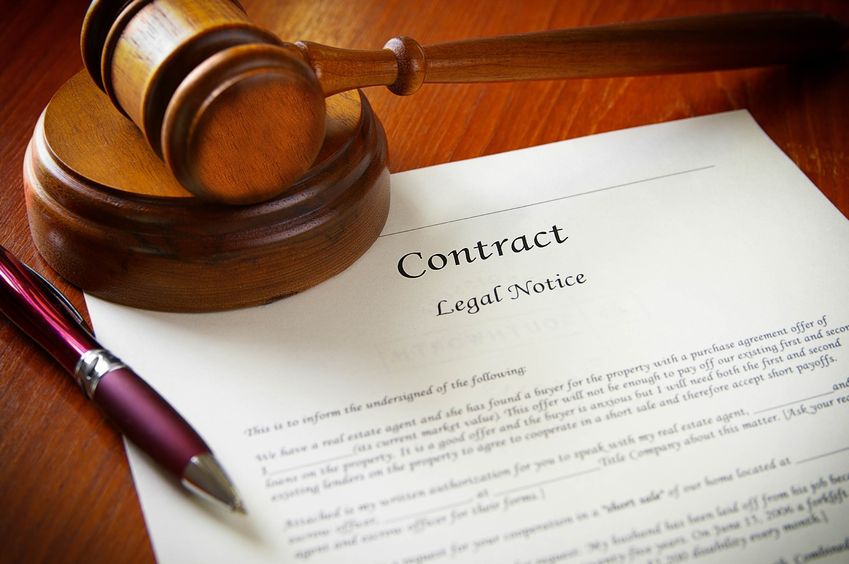

Image Copyright: zimmytws / 123RF Stock Photo
Every document that requires translation presents a different challenge, it is the ability of a qualified translator to render the subject matter as close to the original as possible. The requirements increase incrementally when we talk about legal translation. The process for the correct translation of legal documentation calls for a different set of skills – skills that are highly specialized and with in-depth noesis of the legal terminology in the specific country and the target language. It also requires a high degree of accuracy, a more advanced understanding of nuance and tone, and the ability to stick to tight deadlines.
General versus legal translation
It is quite easy to hire Professional Translators, but for legal documents, it is best to turn to experts. Why? General translators and legal translators are very different from each other. You might think that your brand, for example, which you are preparing to enter the global market, just requires a business translator. However, you have to consider that an incorrectly translated business contract or a marketing document that’s mistranslated could cost you thousands of dollars to rectify and you lose your window of opportunity to enter the market. Legal translators are specialists who have a deeper understanding of the language as well as the legal intricacies involved.
General translators may know how to accurately translate the document, but for legal translation purposes, the translator must know how to retain or register the tone of the source content, a must when you want quality legal translation. You see, even the minuscule changes to punctuation or a shift in the syntax could alter the full meaning of a single sentence.
Good working relationship with legal translators
It is best to have a good working relationship with your legal translation services provider, because you’ll mutually be able to understand what you expect from each other, with an open line of communication. Legal translation requires exactness and accuracy, and often has very limited deadlines. Although most legal translators could provide a quick response in an emergency, it is always a good practice to allow for more room to work, to ensure high quality and accuracy, especially if the legal documentation you need to be translated is a major part of your business.
Human translation works best
Machine and online free translation tools are mostly good enough for translating common terms and phrases that have been used many times over, thus they are in the data bank of these artificial translator services. For complete accuracy, you need the services of a professional linguist, who’s trained in legal subject matter. Only a subject matter expert (SME) would be able to correctly interpret the meaning, in context, of terms used in legal documents. For example, “told” is different from “advised,” although the latter could be used as a synonym for the former. “Told” in this context, would mean that communication was done or information was delivered, however, no advice was given.
Expect an expert legal translator not to make the common mistake of using “general counsels” as the plural form of general counsel (which should be the same in its singular and plural form), to correctly write wholly owned subsidiary without a hyphen and understand that counterpart means the same or identical whereas a counterparty is meant to identify one of the entities involved in a contract.
Likewise, there are country-specific terminologies. In Canada for example, “Goods and Services Tax” is written as “Harmonized Tax Law” in Ontario. In Germany, “guarantee” and “warranty” are two different things, something you need to remember when you need to have your sales contracts translated. A warranty is something that is enforceable even if it’s not expressly written, whereas a guarantee is not a compulsory clause in a contract and usually depends on the seller. A guarantee translates to “Garantie” while warranty is “Mängelhaftung” in the German language.
When in need of high-quality legal translation services, remember to look for a legal translation provider with legal subject matter expertise, could work within tight deadlines, and has an in-depth knowledge not only of the language and culture per se, but the legal terminologies and intricacies that pertain to each country.

